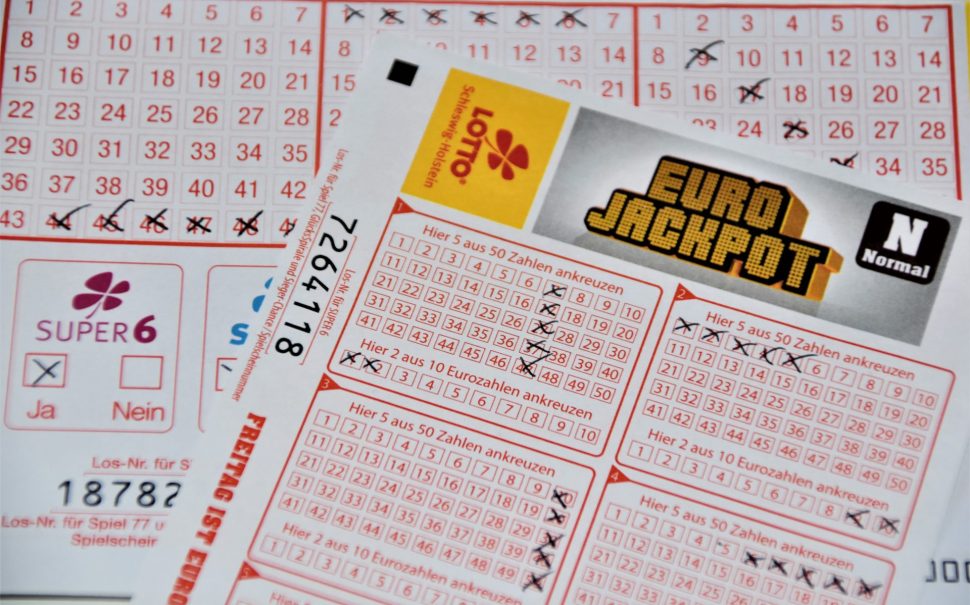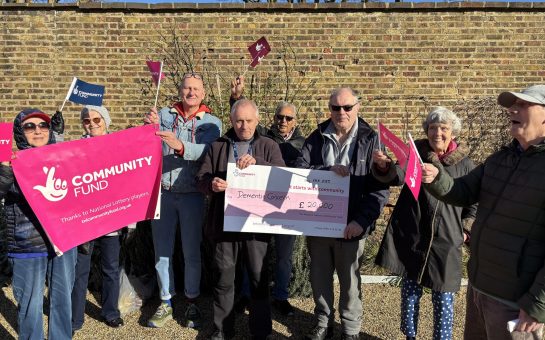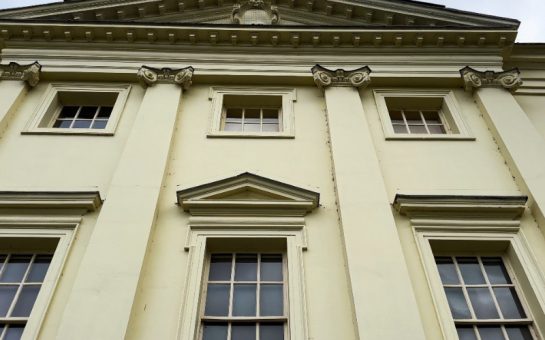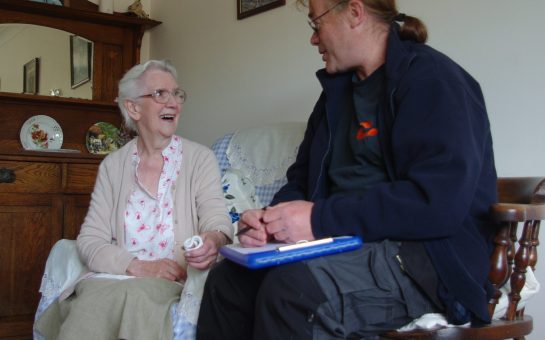The UK National Lottery was launched in 1994 and gained popularity immediately.
Camelot has operated the National Lottery since it was launched, and over the years, it has grown to become one of the largest lotteries in the world.
Having raised close to £45billion and provided funds to over 60,000 charities, it is a force to reckon with.
Some of the people who have benefited from these funds include Olympic and Paralympic athletes representing the UK.
Camelot’s competitor
Camelot, a longtime UK National Lottery operator, lost its license to Allwyn Entertainment, the British arm of Czech lottery giant Sazka.
The corporation is owned by an oil and gas magnate named Karel Komarek.
The loss was announced in March when the Gambling Commission awarded the job to Allwyn Entertainment.
In April, Camelot filed a lawsuit against the Gambling Commission, claiming that the decision to award Allwyn Entertainment the contract was wrong.
Allwyn Entertainment claims to be able to raise more money for good causes compared to Camelot.
But while donating to charity is admirable, many have raised questions about how good or bad the lottery initiatives are, even comparing them to casinos.
Allwyn has pledged to donate £38 billion to good causes over the next 10 years, a far greater amount than what Camelot had proposed.
It is expected that Allwyn will take over Camelot’s operations by February 2024.
The UKGC maintains that the bidding process was fair.
It has stated on numerous occasions that the evaluation was carried out fairly and with the utmost respect to the laws of the land.
The commission also said that its decision was guided by the need to find a licensee who could engage and protect lottery players.
The firm that offered more support for good causes and had more innovative ways to do so had a better chance of winning the contract.
Camelot claimed that the regulators moved the goalpost at the last minute, leaving them blindsided.
Representatives from Camelot called for an independent inquiry into the entire process in the High Court.
Concerns have been raised over the employment of the 1,000 Camelot employees who may have lost their jobs.
Allwyn was quick to put these worries to rest by stating that Camelot employees were welcome to join their company.
Is playing the lottery gambling?
Given its popularity since its inception, you can buy lottery tickets at newsagents, filing stations, numerous shops nationwide, and even on various online lottery sites.
The demand for lottery tickets and scratch cards is high in the UK, permeating an entire nation itching to get lucky.
The statistics show that UK citizens like to gamble, and this is especially true for gambling in online casinos, which have surged in popularity due to the COVID-19 pandemic.
The phrase “it could be you” used when advertising encourages the habit and sets up the players who become hopeful that they might win.
Thousands of people are drawn to lotteries just like with gambling, hoping the win could have them set for life.
Playing the lottery may trigger gambling tendencies, and there have been several cases of people prioritizing buying lottery tickets over basic needs such as food or paying a bill on time.
A common practice all over the UK entails the formation of syndicates.
A syndicate is a group of friends or co-workers that come together and buy multiple lottery tickets with the hope that they may win. Should they win, the agreement is to split any winnings equally.
This is a practice that, while well-meant and kind of savvy (given the gargantuan odds), promotes even more gambling because people are led to believe that their chances of winning are higher.
The implications of Camelot losing the National Lottery license
For 28 years, Camelot has consistently been awarded the UK National Lottery license: the first time was in 1994, followed by 2001 and 2007.
The recent loss could have a multitude of implications for Camelot and its employees.
These include:
- Significant loss of revenue
- Unemployment for the employees, should Camelot opt to downsize after the transition period
- Loss of funding to the charities Camelot supports. Camelot has, over the years, been very generous to different charities across the UK and Watford. And while Allwyn will still give to charity, their list may not cover all the charities that Camelot donated to. A decrease in funding for these charities could have severe repercussions on the communities that depend on them.
Conclusion
According to Allwyn, UK citizens should expect better results and more money donated to charity.
Allwyn maintains that the team chosen to run the National Lottery has an impressive track record and that the results will blow everyone away.
Allwyn has also promised to have improved safeguards in place that include increased participation by contenders, bigger payouts, and more money donated to charity.





